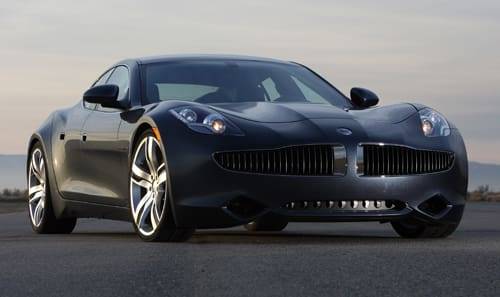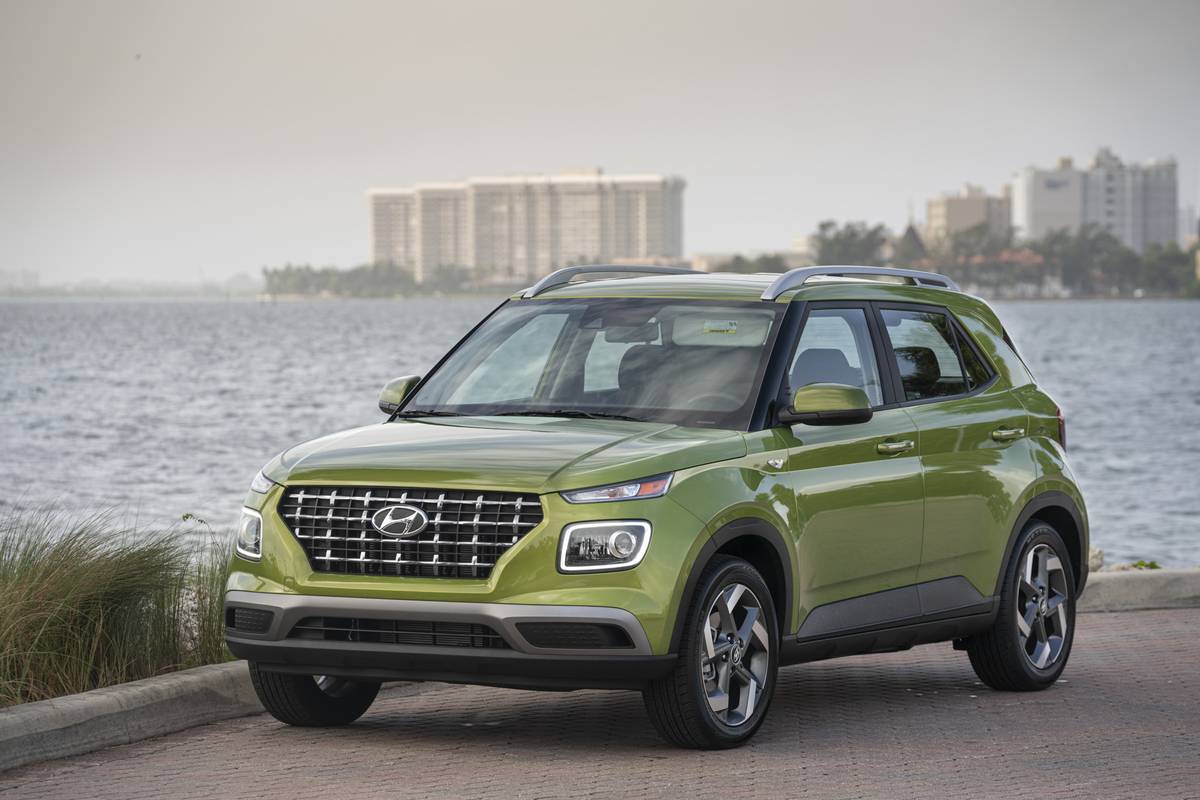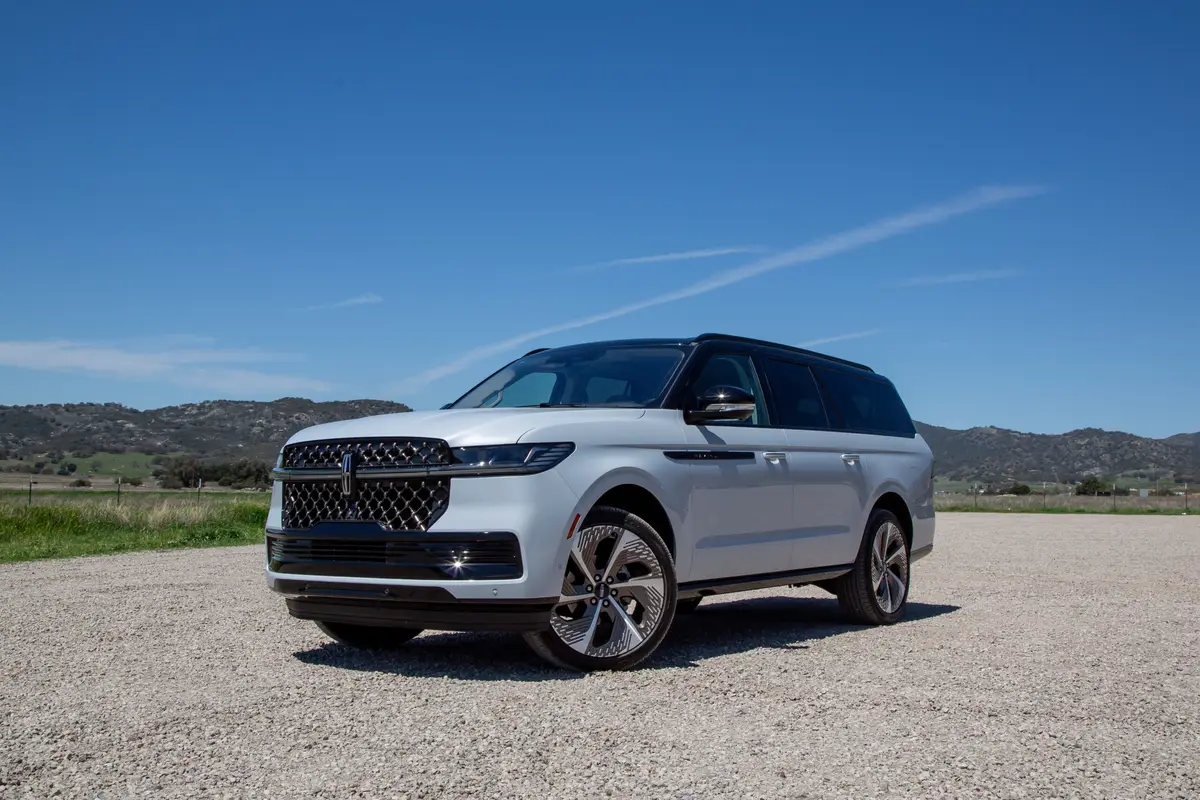EV Startups Fail to Deliver on Promises

In 2007, the automotive industry was on the brink of a revolution. Large, established car companies were reeling from the gas price spike and, for the first time in decades, small startup automakers emerged, this time to build electric cars.
Some three years later, the major automakers have delivered on their promised electric vehicles, but most of the new automakers have run into trouble.
The Wheego — a Chinese-sourced, California-assembled electric car that can go 100 miles on a charge — has been delayed, according to AllCarsElectric.com. The Wheego LiFe was supposed to go on sale (with a starting price $32,995) in December, but it’s held up because it’s awaiting final approval from the U.S. Department of Transportation. The automaker already has 500 orders and 32 dealerships lined up, but if there are more delays, will the interest in this EV remain?
The Fisker Karma (pictured above), a vehicle that originally showed more promise (or at least had more hype) than the Wheego, has also been delayed. The Karma was supposed to go on sale in December. A late March delivery is now planned, according to Plugincars.com. The Karma, which was originally announced with an $87,900 price tag, has now moved to a $95,900 base price, going all the way up to $108,900 for higher trims. The company plans on building 15,000 of its plug-ins in 2011. That’s a lofty goal since Chevrolet only plans to build 10,000 Volts through the end of 2011, with 45,000 Volts planned for 2012. Very few $100,000 vehicles of any kind sell in that high of number, whether it’s a BMW 7 Series or Porsche 911.
The CODA sedan — a vehicle that already has a $7,500 tax credit and a $44,900 price tag — was supposed to go on sale in December, too, but the automaker is still raising money to begin production. The company says it plans to bring the delayed EV to the market sometime late in 2011, according to Autobloggreen.com.
Miles Electric Vehicles, which promised a highway-capable five-passenger electric car by the end of 2010, has taken any mention of the car off of its website. The carmaker said the EV would still show up by the end of 2010, but here we are with no car and the calendar reading 2011.
The Think City EV, which technically remains the biggest electric carmaker in the world, still plans for its cars to come to the U.S., but it’s awaiting U.S. Department of Energy loans to complete its strategy.
The much-ballyhooed three-wheeled Aptera 2e electric car, which was backed by investors from Google in 2008, has been delayed several times; the car was originally supposed to go on sale in late 2008. The company’s co-founder has left the company. According to Venturebeat.com, the company is in total disarray.
With all of these delays, it’s clear to see today’s electric cars are difficult to make, and the companies that are new to the business seem to have bitten off more than they can chew.
If you’re dead set on EV ownership, General Motor, Nissan, Mitsubishi and Ford have stuck to their time frames for their products. The 2011 Chevrolet Volt and 2011 Nissan Leaf are already on sale, and the Mitsubishi i-MiEV and Ford Focus Electric car will be here in late 2011.
So far, Tesla – the company that arguably reignited the EV revolution in 2007 – is still on schedule to bring its Model S sedan to market by 2012.
Featured stories



2025 Lincoln Navigator Review: Elephantine Elegance

